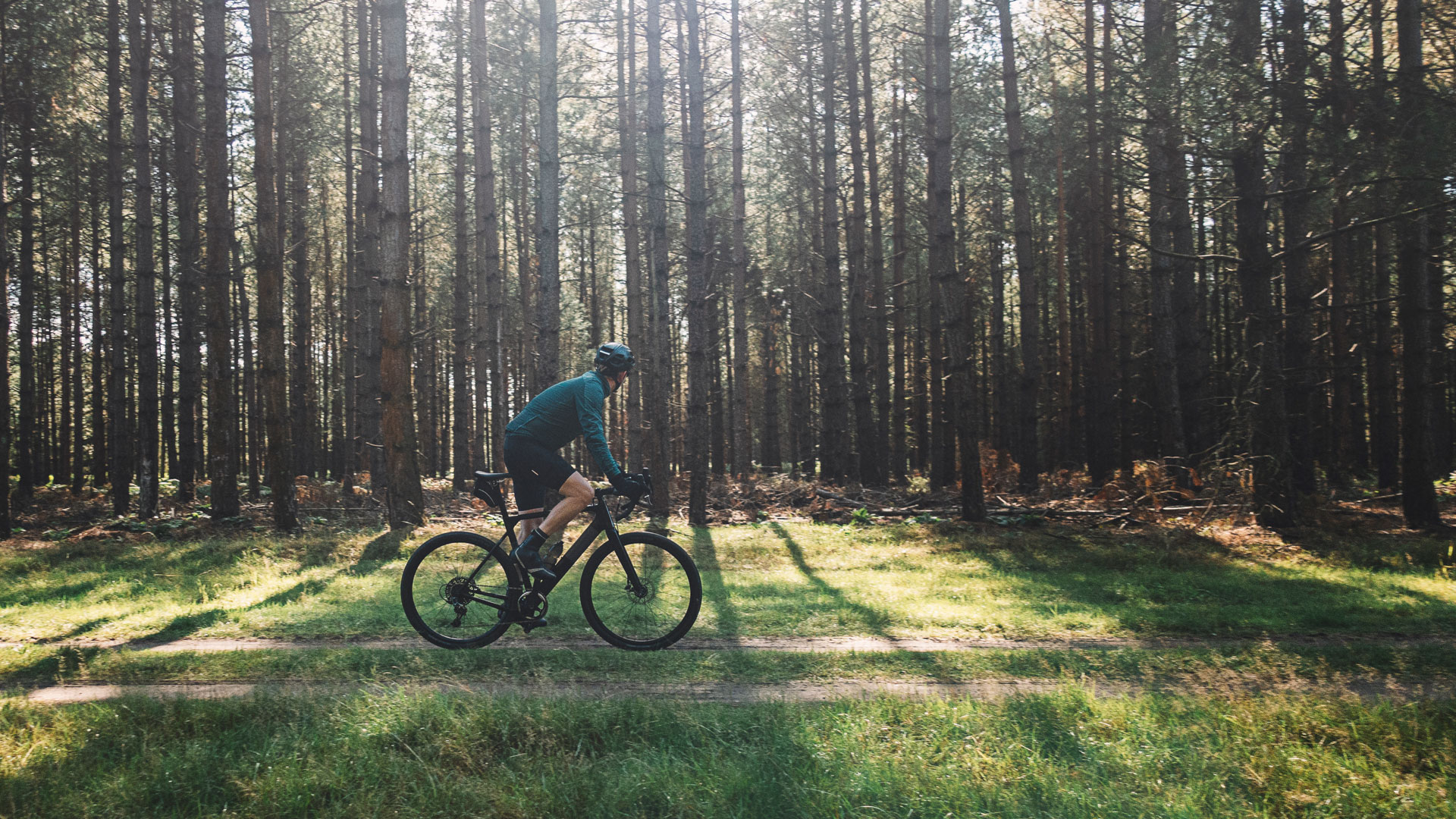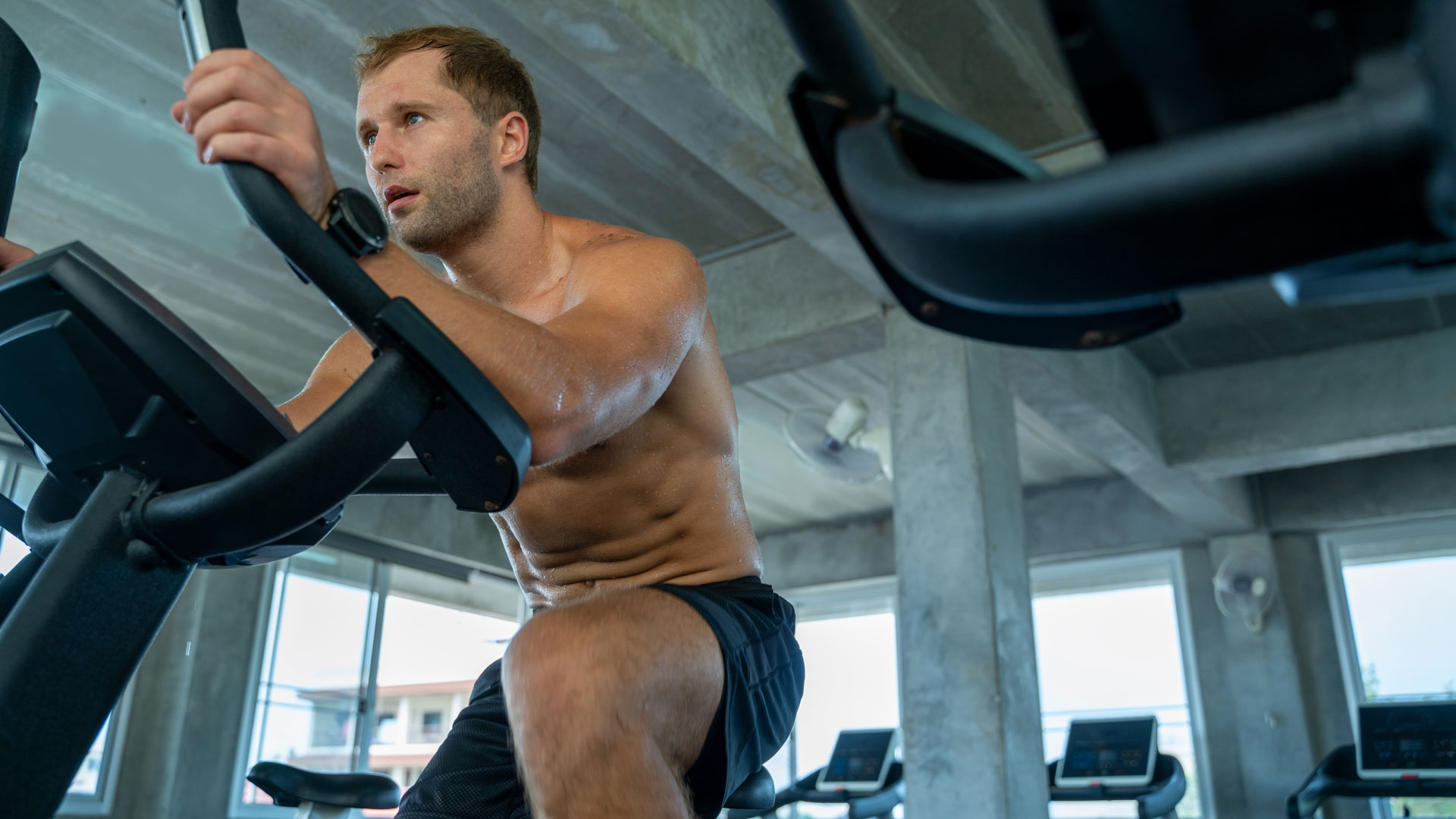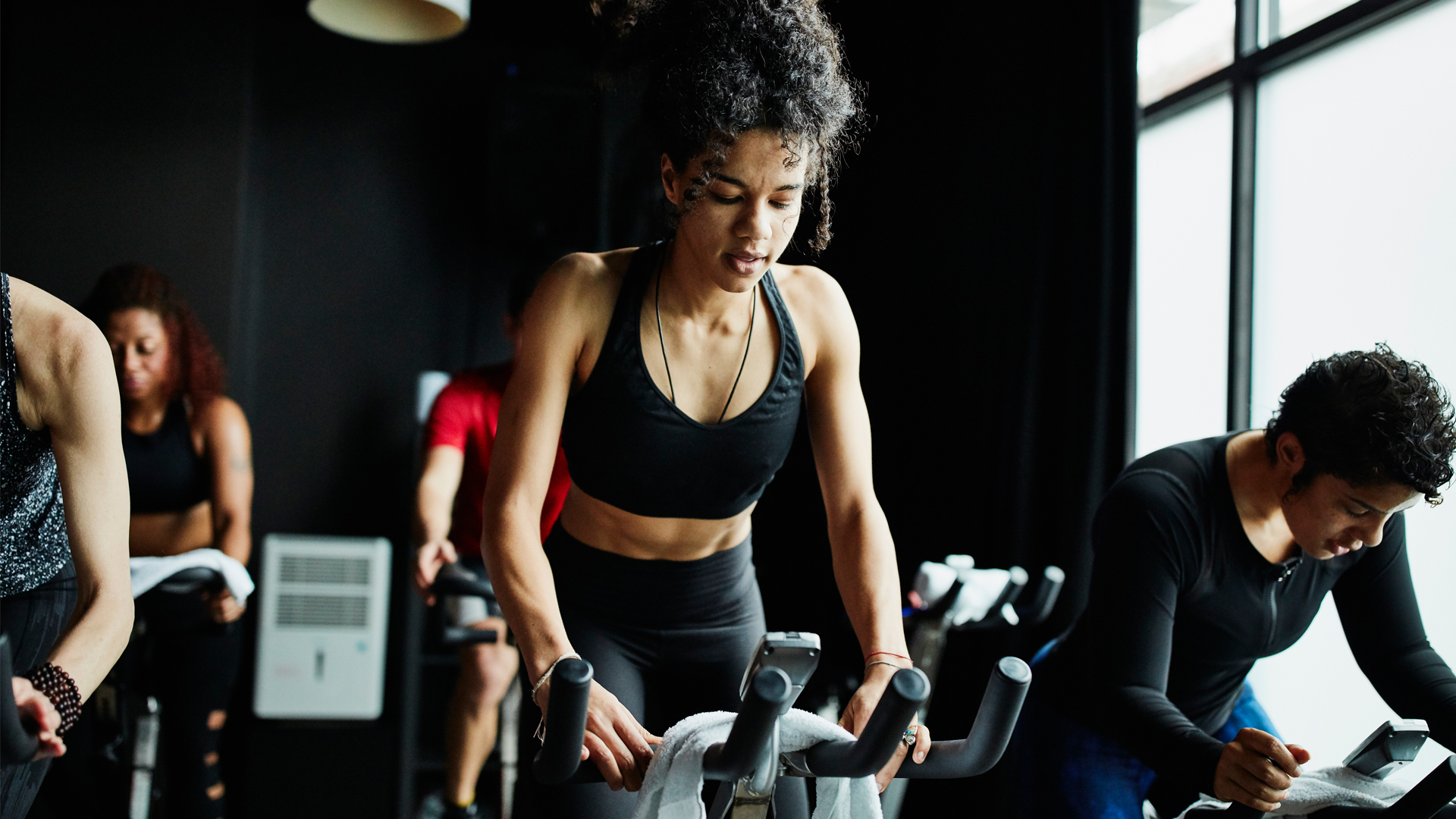Does bike riding build your glutes?
What are your glutes, what do they do, and does bike riding build your glutes?

The glutes are some of the most important muscles in the entire body, which is why you might be wondering – does bike riding build your glutes? Composed of the Gluteus Maximus, Gluteus Medius and Gluteus Minimus, the Gluteals (also referred to as glutes) perform a number of important functions. They are primarily responsible for Hip Extension (straightening the hips), and External Hip Rotation (rotating the thigh outwards).
They also function largely to produce power from the hips in athletic movements such as running, cycling and jumping, and to stabilize the knee by controlling movement in the thigh bone. It's easy to see why you should be interested in building them, and it seems obvious that biking is a good way of doing this.
More developed glutes can improve exercise performance, correct many issues caused by long periods of sitting down, and is often considered to be aesthetically desirable. Let’s take a look at how bike riding can build your glutes, whether you're cycling outdoors or using one of the best exercise bikes at home.
Does bike riding build your glutes? What you need to know
Riding a bike definitely involves using the Gluteus Maximus (or Glute Max for short), which we know to be true from EMG research studies. According to the National Library of Medicine, EMG (or electromyography) aims to record the level of electrical activity within a muscle.

This can determine whether a muscle is active during a specific movement, and how active that muscle is compared to the other ones that are also involved. Various EMG analyses have shown the Glute Max to be involved during cycling, mainly from the top of the stroke to about three-quarters of the way down.
However, another piece of research at the National Library of Medicine confirms that cycling uses other muscles. All of the muscles of the Quadriceps that have been studied are more heavily involved when cycling than the Glute Max. Plus, the hamstring, calf and shin muscles all play their part in pedaling as well. The muscle that works the most while riding a bike is actually the Rectus Femoris, which can pose a bit of a problem for those interested in using cycling to build their glutes.
Does bike riding build your glutes? The science
The Rectus Femoris (Rec Fem for short) acts as both a knee extensor (straightening the knee) and, unlike the rest of the Quadricep muscles, is also a hip flexor, working to bend the hip. So, the Rec Fem and Glute Max are antagonist muscles as they perform opposite actions: the Glute Max straightens the hip, and the Rec Fem bends the hip.
This is where we meet the Law of Reciprocal Inhibition, as explained by this research from the National Library of Medicine. According to this law, when a certain muscle is contracting (i.e working), its antagonist muscle cannot contract at the most fundamental neural level. It makes sense when you think about it - if your bicep bends your elbow, and your tricep straightens it, they can’t both be working at the same time – or at least not working very hard.
Using this understanding, while bike riding does work your Glute Max, it works your Rec Fem even more, which can lead to your Rec Fem becoming a lot more developed than your glutes, and leading to less glute activation during cycling over time. This is before we’ve even touched on the Gluteus Medius and Gluteus Minimus, neither of which have even been studied in relation to bike riding. This is mainly because their functions of abduction and rotation aren’t involved in pedaling because the feet are planted the whole time and there are little to no rotational or sideways forces.
Does bike riding build your glutes? What to apply to your workout
In order to build your glutes with bike riding, there are a few simple things you can do, and it’s best to take a three-pronged approach: Antagonist Inhibition, Activation, and Strengthening.

First up, we have Antagonist Inhibition. Thanks to the Rec Fem being so involved in cycling, it can prevent the Glute Max from really getting worked, so the first step to take is to inhibit it, or prevent it from working quite so hard, to give your Glute Max more of a workout from cycling. According to a study from the National Library of Medicine, the simplest way to do this is with some targeted stretching that will lengthen the Rec Fem and enable the Glute Max to be able to work properly. Even 30-60 seconds of stretching per day can go a long way to prevent the Rec Fem from becoming overactive.
Next, let’s look at Activation. Muscle pre-activation has been shown to improve muscular contraction during exercise, according to more research from the National Library of Medicine. We can use this to our advantage to get our glutes working during cycling. Some simple exercises such as a Single Leg Hip Bridge or Banded Clam Shell done just before getting on a bike can work to activate the glutes very effectively, ensuring that they get worked properly when riding a bike. All you need to do is one to two sets of 15-20 reps per side before cycling to make sure the glutes are getting their fair share of work. Meanwhile, research in the Journal of Applied Biomechanics shows that cycling with a bent over posture activated the Glute Max more than cycling upright or leaning back.
Finally, we have Strengthening. This will be performed separately from riding your bike, and the main goal of this is to develop strength in the glutes to prevent the Rec Fem from overpowering them and to make sure they can handle the extra work imposed on them when riding a bike. Also, extra glute strengthening will only help to build your glutes even more! Exercise such as Squats and Deadlifts do work the glutes, but for something more targeted you might want to try Hip Thrusts with a dumbbell or barbell (if your bodyweight alone is too easy), or Glute Kickbacks. Performing two to three sets of eight to 15 reps one to two times per week is more than enough to make sure your glutes are getting developed and worked while riding your bike.
So, does bike riding build your glutes? Yes, it does, but not as well as it builds other muscles. Luckily, there are some simple ways to improve that, and to make sure they get worked on and off your bike.
- Related: Is bike riding better than walking?
Sign up for the Live Science daily newsletter now
Get the world’s most fascinating discoveries delivered straight to your inbox.
Will McAuley is a London-based Personal Trainer and Nutrition Coach who’s writing has appeared in Men’s Fitness and GQ magazine, covering exercise, nutrition and health. He has a Master’s degree in Strength & Conditioning from Middlesex University in London, is a published scientific author in the Journal of Strength and Conditioning Research, and holds a Bachelor’s degree in Linguistics from Trinity College Dublin.










